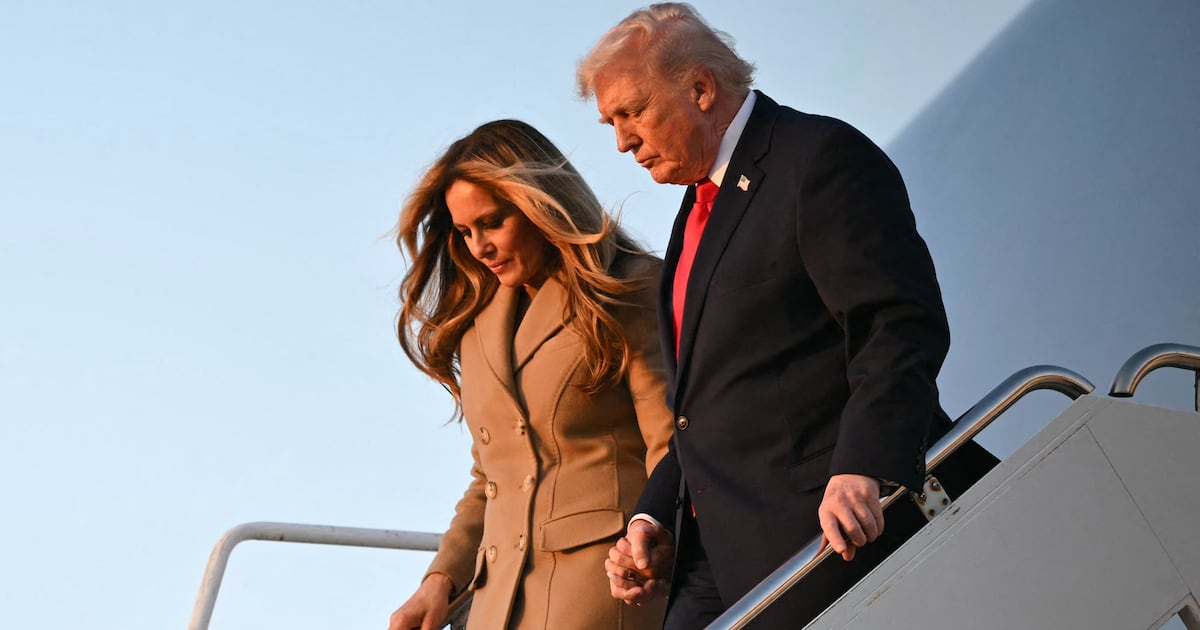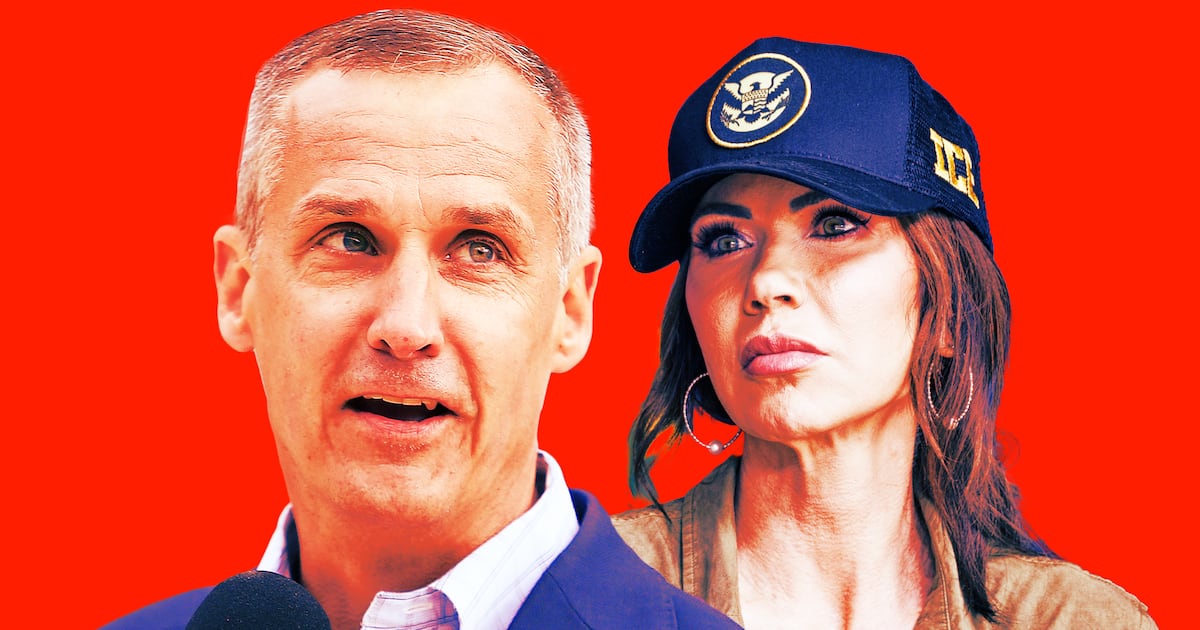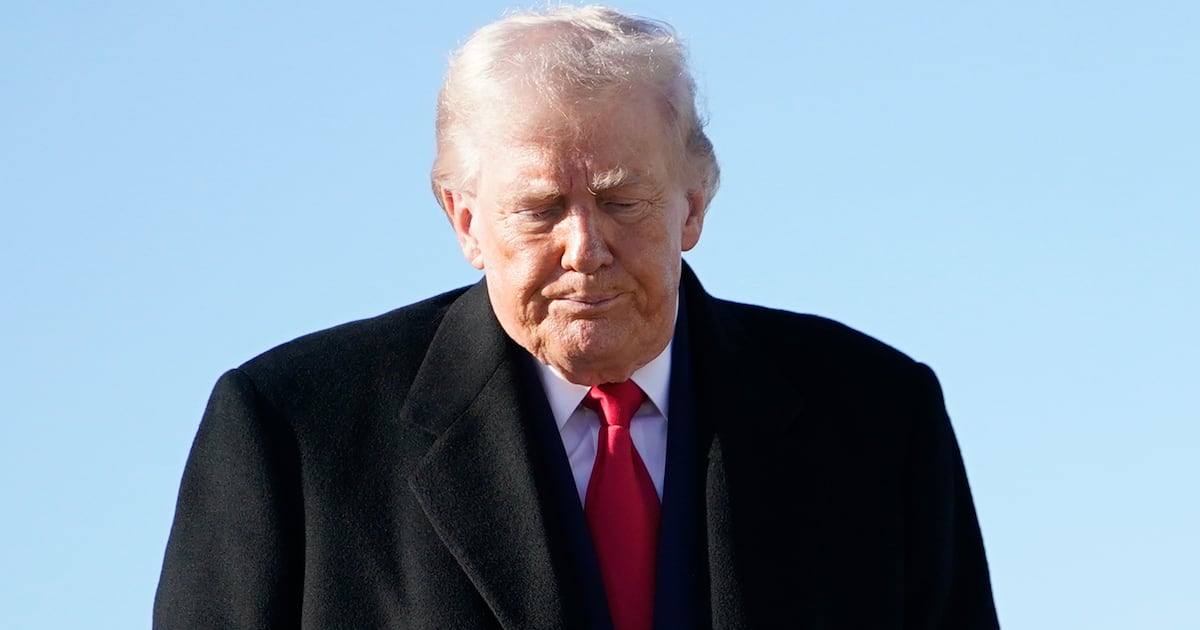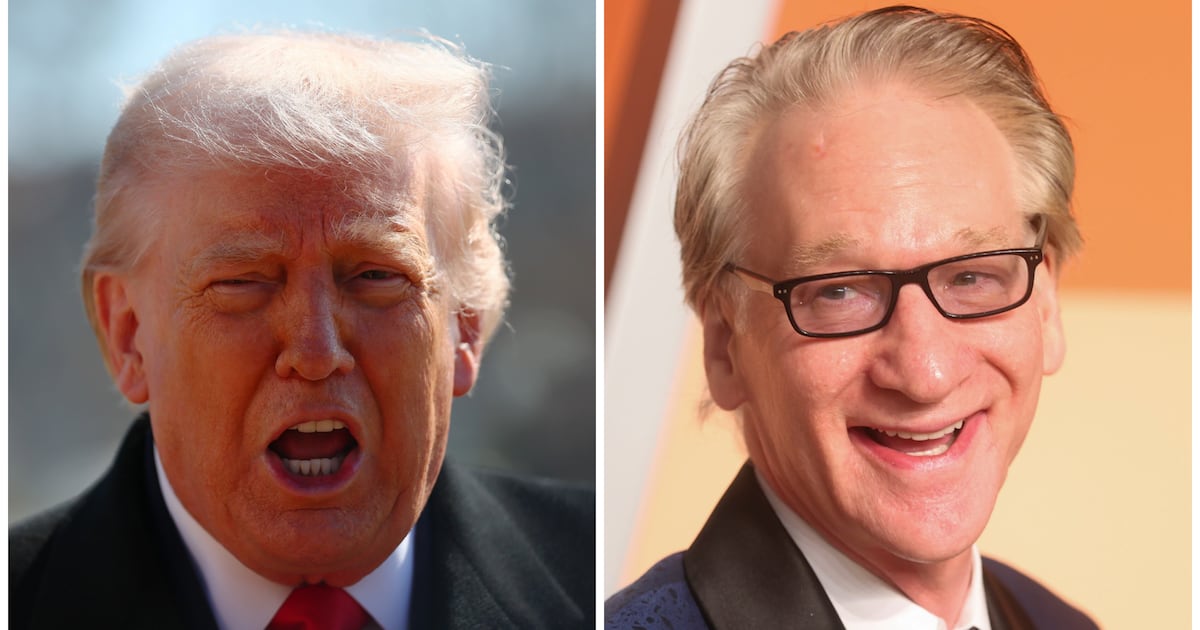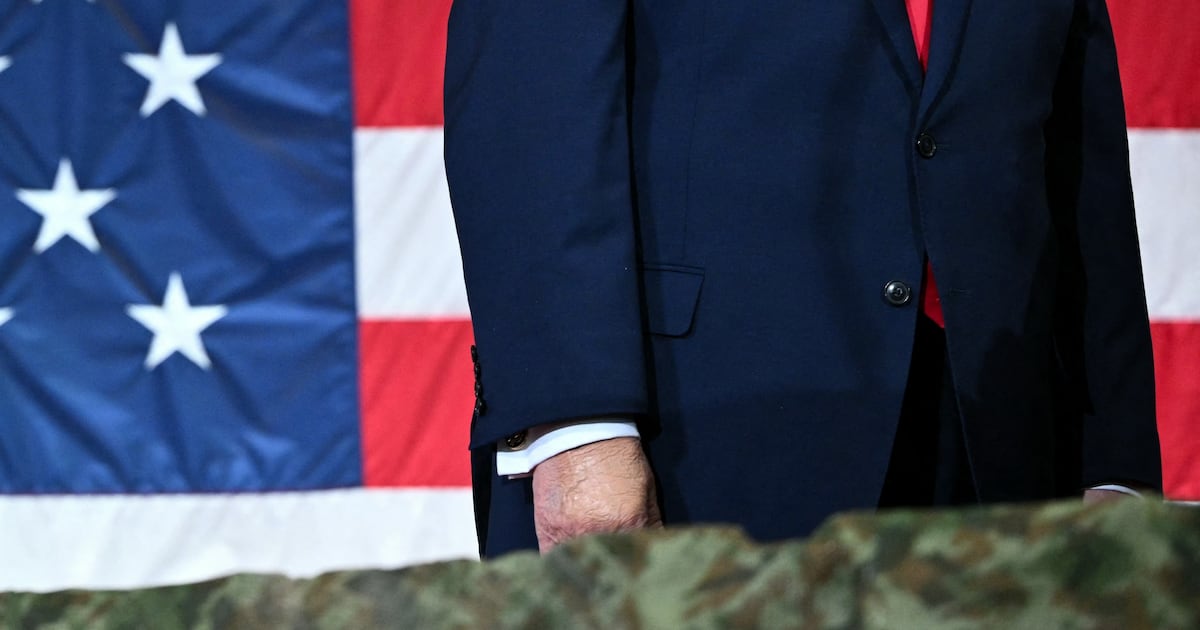Michael Bloomberg is considering a bid for the White House if the Republican and Democratic parties nominate candidates from the fringes—a development that would roil an already unpredictable presidential race.
In an election season marked by anti-establishment sentiment, Bloomberg would bring another billionaire to a race that already has a billionaire (Donald Trump) and a New York City politician to a race that already has a New York senator (Hillary Clinton).
But the former New York City Mayor has told close aides to begin planning for a possible independent campaign for the White House, The New York Times reported Saturday. Bloomberg has said that he would be willing to spend up to $1 billion on the campaign, and would make a decision by March.
A Bloomberg entry into the race could throw the whole presidential process into chaos. Bloomberg could alienate the left and right wings of the country: his close ties to Wall Street would alienate the left, and his ardent support for gun control would alienate the right. But if the party nominees were Donald Trump and Bernie Sanders - two of the most polarizing and play-to-the-base nominees in American history - there could be a vast lane of voters in the center of the electorate who would be unrepresented by the party nominees and open to an independent Bloomberg candidacy.
Presented with a scenario where Bloomberg enters due to Sen. Bernie Sanders winning early Democratic primary states, and Trump dominating the Republican field, Weekly Standard editor Bill Kristol told The Daily Beast that he and other conservatives would recruit a fourth candidate.
"And a Weekly Standard/National Review pro-Constitution, pro-life, hawkish candidate could win. Working on who that would be," Kristol said, citing "quiet and very preliminary discussions" that he has had with other conservatives.
Many well-known conservatives have already revolted at the prospect of a Trump nomination, with the National Review running a special issue featuring writers on the right who oppose him.
"When you think that this is as confusing as it could possibly get, something like Bloomberg pops in and adds another layer to it,” Republican strategist Rich Galen said.
Citing Sen. Lindsey Graham's metaphor that picking between Republican contenders Trump and Sen. Ted Cruz is like choosing between between shot and poisoned, Galen said that there could be a pathway for a self-funding billionaire like Bloomberg.
"There's appetite, there's money, and there's skills that Bloomberg brings in terms of political skills and policy skills." "He's an independent, but he also brings a policy background -- being the mayor of New York is a big deal," Galen said.
The prospect of a Bloomberg bid raises the question of exactly how promising his chances are now. The window is narrow, and former Pennsylvania Gov. Ed Rendell, a friend of Bloomberg and Hillary Clinton, told The New York Times that the campaign would only ever have a chance in the specific case where Clinton lost the nomination to Sanders, a self-described socialist.
In a poll conducted last week for the Morning Consult, Bloomberg comes third in a three-way matchup with Clinton and Trump, garnering just 13 percent support against Clinton's 36 percent and Trump's 37 percent. And while Clinton edged out Trump in a head-to-head matchup, the poll found that Bloomberg's entry would hurt Clinton more than Trump.
“Bloomberg's entry into the race would be a dream come true for Republicans. He would draw mostly from the Democratic column. I hope he runs,” said Ari Fleischer, a former White House Press Secretary for President George W. Bush. If Trump won the GOP nomination, Fleischer said, he would back him over the Democratic nominee or Bloomberg.
There is also the issue of low name recognition, something that Bloomberg would have to overcome without a party apparatus at his disposal. More voters have a favorable impression of Bloomberg—30 percent—than unfavorable—26 percent. But a plurality of 43 percent say that they have not heard of him or have no opinion on the matter.
In terms of whether there is hypothetical support for a third candidate, Gallup found last fall that six in 10 Americans viewed a third major political party as necessary to ensure representation of American viewpoints.
"If the primaries produce candidates on both extremes, there may be room for a centrist candidate later as an independent," said Bob Walker, a former Republican Congressman. "An independent candidacy always is a dicey proposition (not even Teddy Roosevelt could do it successfully), but that door could be opened by two major candidates, both with high negatives."


